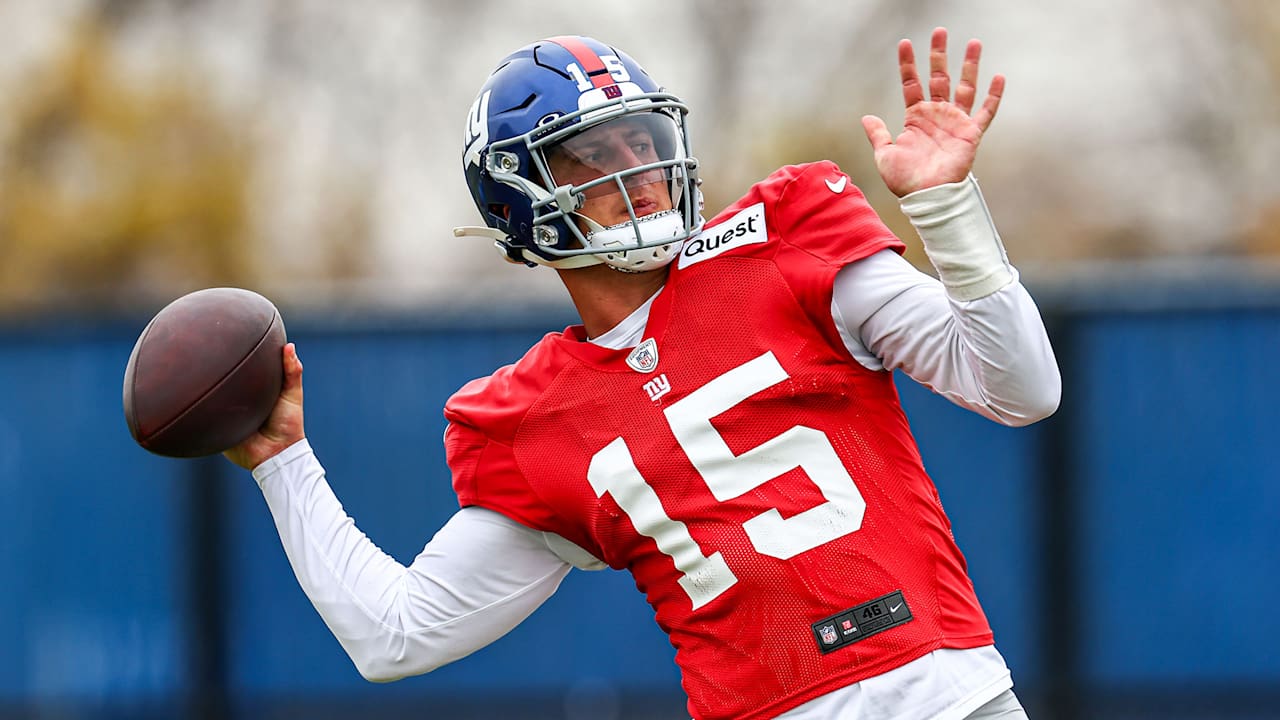Shopping
Potential artificial red dye ban: Products that could be affected

A wide range of foods will be affected if the Food and Drug Administration (FDA) moves forward with plans to ban artificial red dye.
According to the Eat Well Guide (EWG) Food Scores database, nearly 3,000 food products on the US market contain red dye 3, including candy, certain brands of mashed potatoes, yellow rice and some medications.
The list also includes a range of other foods, including breakfast cereals, beverages and baked goods.
The synthetic dye, also known as erythrosine, is an additive made from petroleum that gives foods and drinks a bright cherry-red color, according to the FDA.
It is already banned in the European Union, and starting in January 2027, it will also be prohibited in foods sold or manufactured in California.
But the agency has been reviewing a petition filed for FD&C Red No. 3 that argues, under a rule called the Delaney Clause, the FDA should ban this color additive in foods and drugs on a federal level because it has been shown to cause cancer in animals.
Jim Jones, the FDA’s deputy commissioner for human foods, told a Senate health committee last week that the agency has a “petition in front of us to revoke the authorization board, and we’re hopeful that in the next few weeks we’ll be acting on that petition.”
According to Consumer Reports, the additive has been linked to cancer and thyroid tumors in lab animals and has been linked to hyperactivity and other neurobehavioral effects in children.
In 1990, the FDA even denied a petition to authorize use of red dye 3 in cosmetics and topical drugs because of data demonstrating that it is associated with animal carcinogenicity.

“We don’t know the extent of [how bad it is], but it’s not good for you. Why use it? The only reason to use it is because it’s cheaper, and it sells more products,” Dr. Marc Siegel, clinical professor of medicine at NYU Langone Health and Fox News’ senior medical analyst, told FOX Business.
Some companies have already removed the ingredient from their products.
For instance, Red dye 3 was listed as an ingredient for PediaSure Grow & Gain, Strawberry shake earlier this year.
Today, the product page specifically states, “no red dye.”
Abbott, which owns the PediaSure brand, told FOX Business that it “previously committed to remove Red 3 from all PediaSure products in 2024.”
Foods that could be affected:
PEZ Candy Assorted Fruit (Cherry, Strawberry, Grape, Raspberry, Orange, Lemon)
PEZ Cotton Candy, Candy Corn and Banana
Dubble Bubble Original Twist Bubble Gum
Halloween Candy – AMOS Lollipop Finger Rings
Gourmet Candy Corn
MorningStar Farms Veggie Breakfast Original Veggie Bacon Strips
Vigo Saffron Yellow Rice
Entenmann’s Little Bites Party Cake Mini Muffins
Betty Crocker Loaded Mashed Potatoes
Fruit by the Foot Starburst
Dole Diced Fruit Cup










